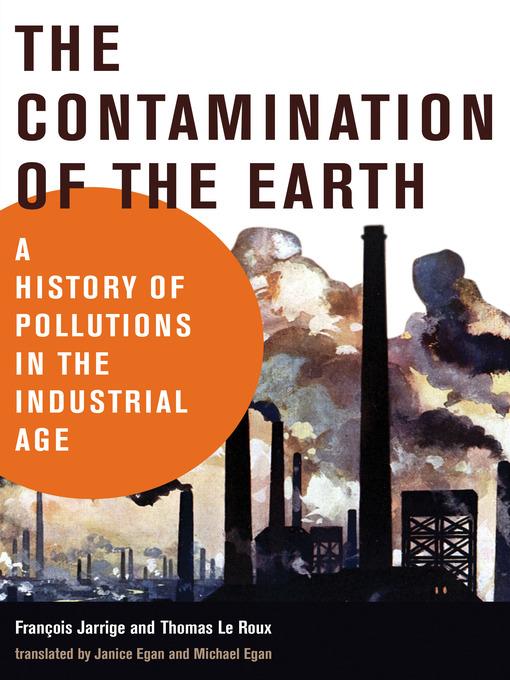
The Contamination of the Earth
A History of Pollutions in the Industrial Age
کتاب های مرتبط
- اطلاعات
- نقد و بررسی
- دیدگاه کاربران
نقد و بررسی

June 15, 2020
Wide-ranging survey of the environmental damage wrought by industrial pollution in the last few centuries. University of Burgundy historian Jarrige and scientific researcher Le Roux write of pollutions in the plural, for there are many channels that bring toxic materials within reach. "Never have so many chemical products--the safety of which generate widespread uncertainty--been in circulation," they write in a narrative full of tables and hard data, adding, "chemical contamination is a feature of the entire planet." These multiple pollutants combine and evolve along "complex pathways" that have developed over the roughly three centuries since industrialization emerged and then became economically dominant. The authors add that of course pollutions have been with us before that economic formation took shape, though in the main the concept of pollution (in the singular) was "rooted in religious cosmology and its ideas about purity and impurity"; some of those ideas associated such impurity with nonbelievers, outsiders, and the poor. With the rise of industrialization, those ideas gave way to the association of pollution as an inevitable collateral cost of progress. Still, as the authors note of the global market for recycled and castoff materials, "the waste trade is just one of the many examples that show that the burden of pollution is mainly borne by the poorest people in the poorest countries on the planet." Meanwhile, citizens of wealthy countries are awash in goods and technologies. Laws have been written in poor and wealthy countries alike to curb pollution and polluters, the authors note, often to little avail, since, "as in the past, the most polluting industries do not cease to create new methods to resist, obfuscate, or soften environmental standards or reduce opposition." So it is that pollutions are seen through the lens of capitalist economics as mere externalities rather than a shrouded and present danger. Scholarly rather than polemical and of interest to students of environmental and economic history.
COPYRIGHT(2020) Kirkus Reviews, ALL RIGHTS RESERVED.

























دیدگاه کاربران